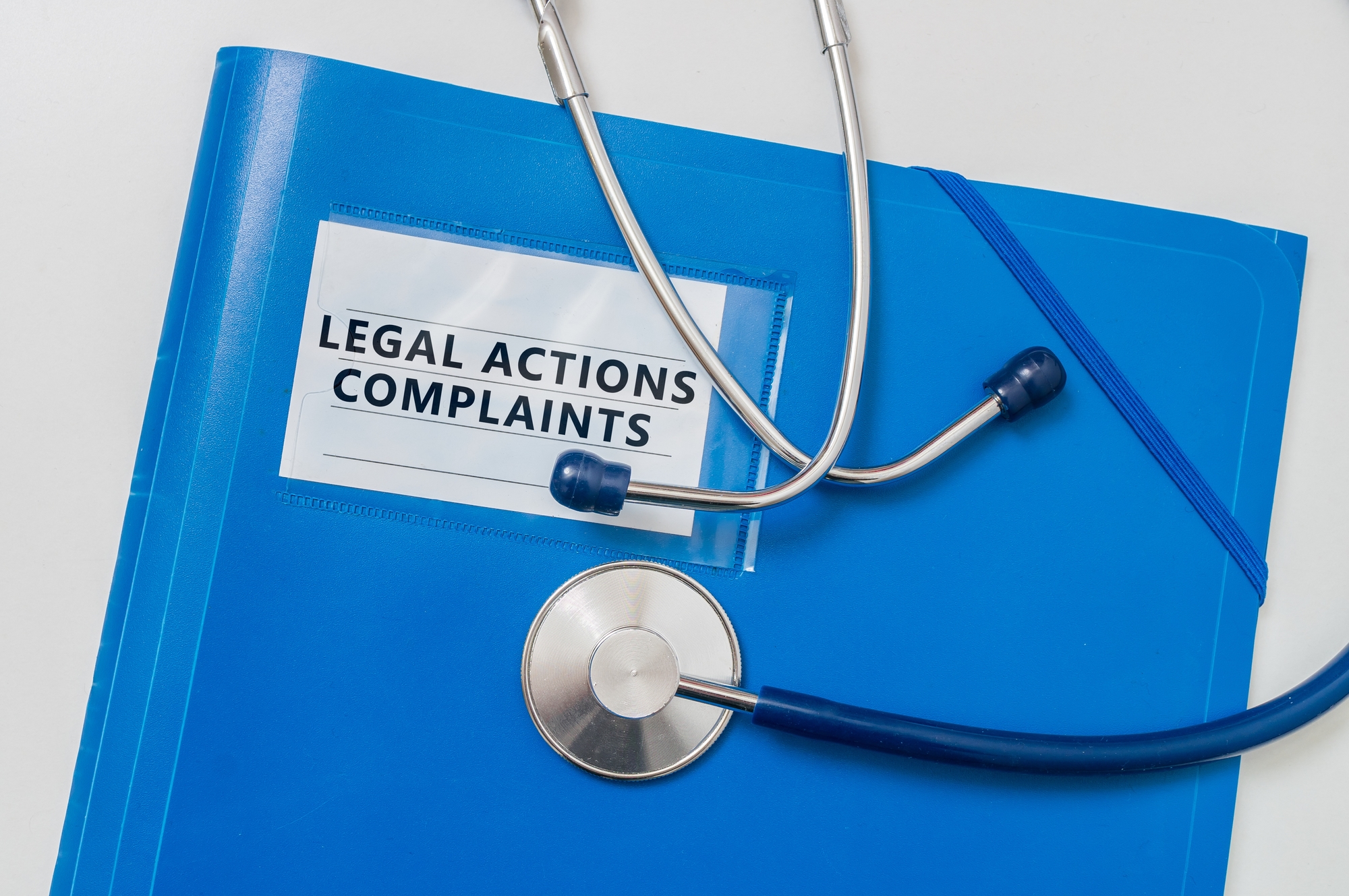The extreme dangers faced by prison officers
It comes as no surprise to many of us that prison officers face the risk, and the reality, of assaults in their workplace on a daily basis. However, just because this line of work carries inherent risks does not allow employers to ignore their legal duty to keep their workers as safe as reasonably possible.
In practical terms, this duty means taking such action as:
- Providing adequate safety equipment
- Implementing safe working practices
- Giving staff sufficient training to keep themselves safe
For some kinds of worker, such as prison officers, the old adage of ‘safety in numbers’ often applies. Employers who do not organise sufficient numbers of staff to maintain safe working practices may easily find themselves liable for compromising their workers’ safety.

A recent case reported in the Guardian highlighted just how dangerous the consequences of such failures can be. A G4S prison officer, Ryan Goodenough, suffered permanent brain damage after he was hit over the head with a radio by an inmate.
G4S admitted they had failed in their duty of care towards Mr Goodenough by causing him to be in charge of six inmates on his own. They agreed to pay Mr Goodenough a compensation settlement for the injuries and other losses he had sustained.
In the same month, the Ministry of Justice confirmed its decision to strip G4S of its contract running HMP Birmingham due to the long list of troubles which had plagued the prison. Amongst these problems were regular attacks on prison officers by inmates.
In another recent incident, a prison officer at HMP Nottingham had his throat cut by a prisoner wielding a razor blade. It was described as an unprovoked attack carried out by the prisoner on the first prison officer he saw.
Given extreme dangers like these, which prison officers face as part of their work, it is unsurprising that the POA Union has called for urgent action to be taken. They have requested that additional safety equipment be issued urgently to prison officers, such as PAVA, an incapacitant spray, which is currently being rolled out gradually.
As the POA’s press release points out, health and safety legislation is not something which can be ignored by employers. If you have suffered an injury at work or been assaulted at work, it is important to seek specialist legal advice on your rights.
Teachers assaulted at work
Discussing threats to teachers in the workplace feels like a dramatic switch from those faced by prison officers. You could make the flippant comparison that both professions involve custody of the unruly elements of society, crammed into a place they don’t want to be – but, unfortunately, the safety risks which teachers face at work are anything but a joke.
Assaults by pupils appear to be shockingly widespread. A recent study by the NASUWT union found that, out of almost 5,000 members surveyed, 24% faced violence in their role on a weekly basis. 29% had been hit, punched or kicked and 42% had been verbally threatened.
The union has argued that teachers do not get the support they deserve from their employers. Chris Keates, the union’s general secretary stated: “It is simply unacceptable that employers are failing in their legal duty of care to provide a safe working environment.”
One teacher responding to the survey, a former rugby player, said they were “more protected against physical violence and verbal intimidation on the pitch” than they were at school.
Another, smaller scale survey also suggests the risk to teachers from being assaulted at work are significant. This involved a poll of 505 teachers in East Ayrshire conducted by the union EIS. Its most attention-grabbing finding was that 95% of the teachers reported that they had seen or experienced a violent incident in school. Perhaps more worrying, however, is the finding that over 50 teachers had seen or experienced a sexual assault.
It is important to remember that the same legal duty of care, described at the start of this blog post, applies equally to teachers in schools as it does to any other worker in any other workplace.
Another element of this duty is the obligation to monitor threats to workers’ safety, investigate them seriously, and use appropriate means to minimise the threat. If employers fall short of these obligations, or any other element of the duty of care, workers who are injured as a result may be entitled to compensation. A special needs teaching assistant in Plymouth was recently successful in her claim for compensation on this basis. Andrea McGowan had been subject to repeated death threats from one student in particular, but had to continue teaching the student. The student later assaulted Mrs McGowan, putting her in a headlock, which caused injuries to her neck and back and left her with psychological symptoms.
If you have been assaulted at work, or you feel your employer is not respecting your workplace rights, you should seek legal advice. Get in touch with Truth Legal for expert personal injury and employment law guidance.
Further Reading
From one of the UK’s most read legal blogs.










